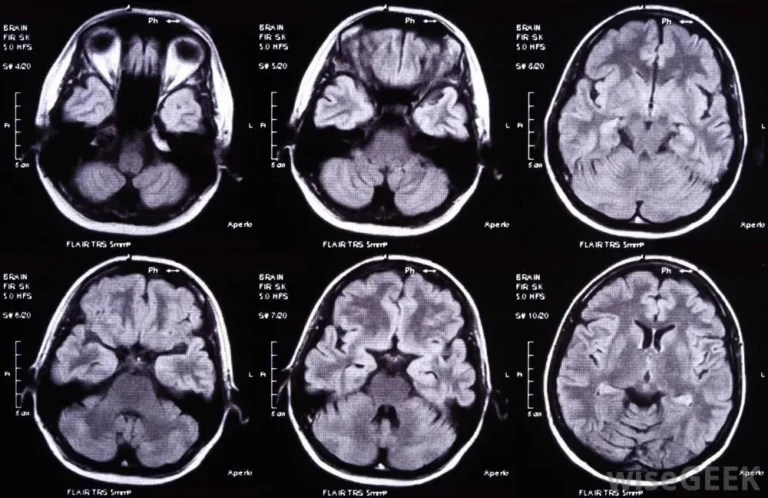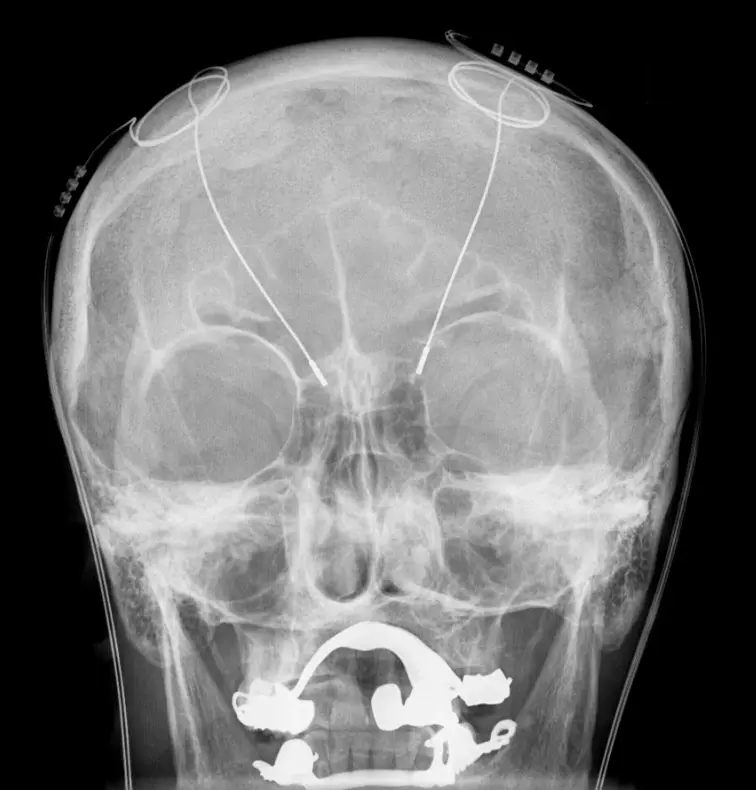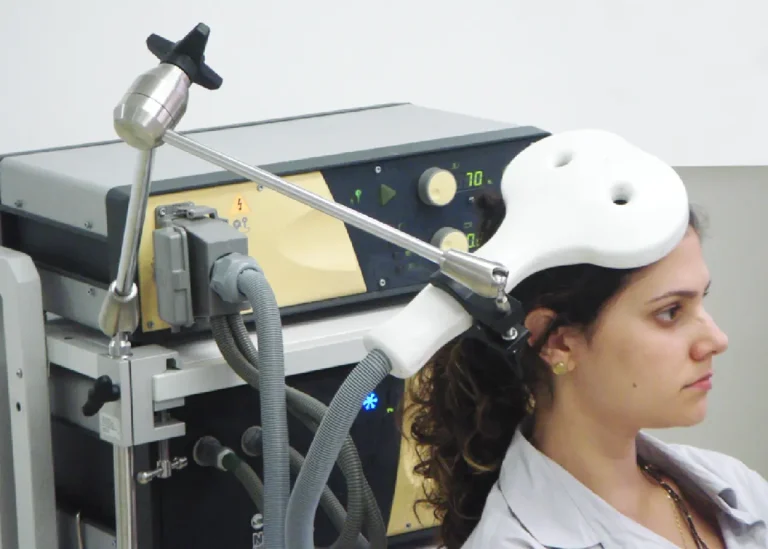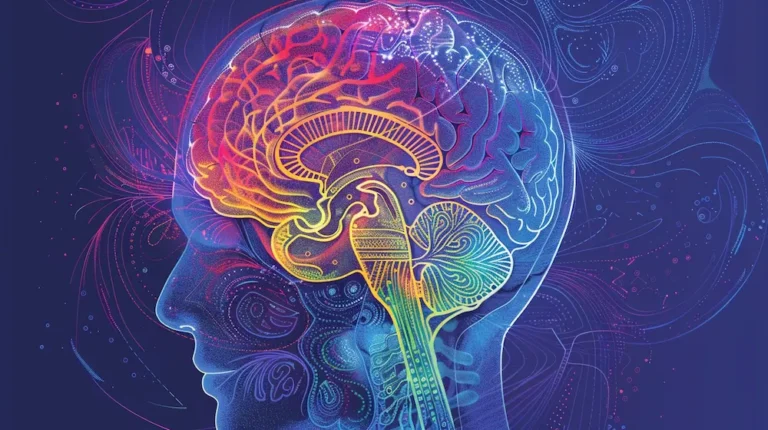Introduction
Intelligence is a complex and multifaceted concept that has been studied by psychologists and neuroscientists for decades. While there is no single definition of intelligence that is universally accepted, it is generally understood to involve the ability to learn, reason, and adapt to new situations.
Defining Intelligence
There are many different definitions of intelligence, and they can be categorized into three main approaches: the Triarchic Theory of Intelligence, the Information-Processing Approach, and the Emotion-Perception-Cognition Framework.
- Triarchic Theory of Intelligence: This theory proposes that there are three distinct types of intelligence: verbal-linguistic intelligence, logical-mathematical intelligence, and spatial-visual intelligence.
- Information-Processing Approach: This approach views intelligence as the ability to process and retain information, with the use of working memory and processing speed.
- Emotion-Perception-Cognition Framework: This framework emphasizes the importance of emotional regulation, perception, and cognitive processes in intelligence.
Types of Intelligence
Research has identified several distinct types of intelligence, including:
- Verbal-linguistic intelligence: This type of intelligence involves the ability to read, write, and comprehend complex language.
- Logical-mathematical intelligence: This type of intelligence involves the ability to reason, problem-solve, and apply mathematical concepts.
- Spatial-visual intelligence: This type of intelligence involves the ability to visualize, manipulate, and understand spatial relationships.
- Body-kinesthetic intelligence: This type of intelligence involves the ability to control body movements, spatial awareness, and spatial orientation.
- Interpersonal intelligence: This type of intelligence involves the ability to understand and interact with others, empathize with others, and communicate effectively.
- Intrapersonal intelligence: This type of intelligence involves the ability to understand oneself, self-reflect, and recognize one’s own strengths and weaknesses.
Characteristics of Intelligent People
Research has identified several characteristics that are common among intelligent people, including:
- High IQ: Intelligent people tend to have high IQs, which can be estimated using standardized intelligence tests such as the Stanford-Binet Intelligence Scale or the Wechsler Adult Intelligence Scale.
- Curiosity: Intelligent people tend to be curious and enjoy learning new things, with a passion for reading, traveling, and exploring new experiences.
- Creativity: Intelligent people tend to be creative, with an ability to think outside the box and generate new ideas and solutions.
- Emotional regulation: Intelligent people tend to be good at regulating their emotions, with an ability to stay calm under pressure and handle stress effectively.
- Critical thinking: Intelligent people tend to be able to think critically, evaluating evidence and making informed decisions.
The Importance of Emotional Intelligence
Emotional intelligence is a crucial component of intelligence, as it enables individuals to understand and manage their own emotions and those of others. It is also essential for developing healthy relationships and achieving personal and professional success.
- Self-awareness: This involves recognizing one’s own emotions and how they impact behavior.
- Self-regulation: This involves managing one’s own emotions and impulses to achieve goals.
- Motivation: This involves recognizing one’s own motivations and how they impact behavior.
- Empathy: This involves understanding and responding to the emotions of others.
The Impact of Genetics on Intelligence
While the debate about the heritability of intelligence is ongoing, research suggests that genetics play a significant role in determining intelligence. A 2018 study found that 50% of the variation in intelligence between individuals can be attributed to genetics.
- Heredity: This involves the passing of traits from one generation to the next through genes.
- Environment: This involves the influences of the external world, such as education, socio-economic status, and cultural background.
The Importance of Education
Education is a critical component of intelligence, as it enables individuals to acquire knowledge and develop skills. A good education can also help to mitigate the effects of disadvantage and provide opportunities for personal and professional growth.
- Formal education: This involves the acquisition of knowledge and skills through institutional settings, such as schools and universities.
- Informal education: This involves the acquisition of knowledge and skills through non-institutional settings, such as family, community, and online resources.
Conclusion
In conclusion, intelligence is a complex and multifaceted concept that cannot be reduced to a single definition or measurement. While there are many different theories and approaches to understanding intelligence, research suggests that it involves a combination of cognitive, emotional, and environmental factors. By acknowledging and understanding the complexity of intelligence, we can begin to develop more effective ways to support the development and education of individuals.



